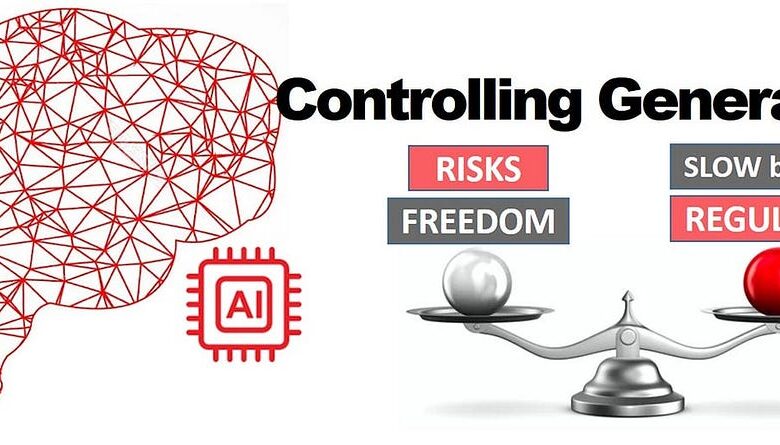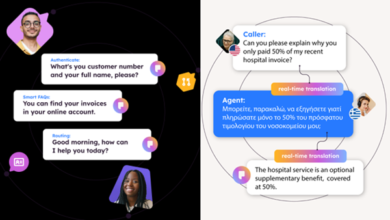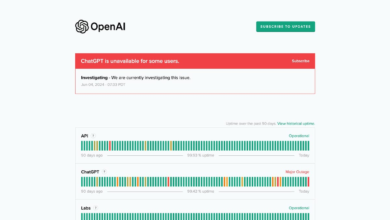Generative AI
Control and Ethics in Generative AI: A Framework for Action | by Marta Reyes | Apr, 2024

To fully leverage generative AI, a control and ethics framework is essential to guide its use in the workplace.
Ethical Principles for Generative AI Use:
- Transparency: Workers must be informed about how generative AI is used and how it affects their work.
- Fairness: Algorithms should be fair and not discriminate against any group of people.
- Accountability: Businesses should be accountable for the societal impact of generative AI.
- Privacy: The privacy of data used to train algorithms must be protected.
Measures to Control Generative AI Use:
- Establish Policies and Procedures: Define clear rules for generative AI use within the company.
- Train Employees: Educate employees about the risks and benefits of generative AI.
- Monitor AI Use: Implement systems to oversee generative AI’s impact on work.
- Social Dialogue: Involve workers in decision-making about generative AI use.
A control and ethics framework for generative AI is critical to ensure responsible and beneficial use for all. Businesses that implement such a framework will be better prepared to leverage generative AI’s advantages and minimize its risks.



